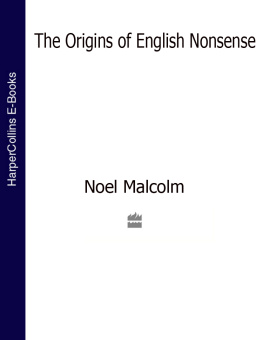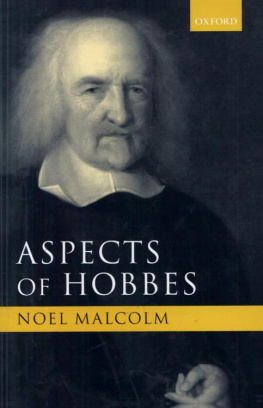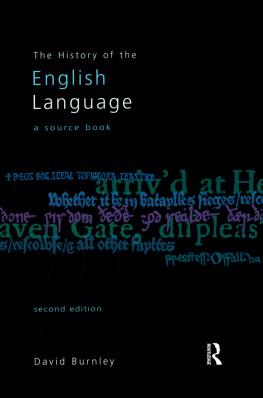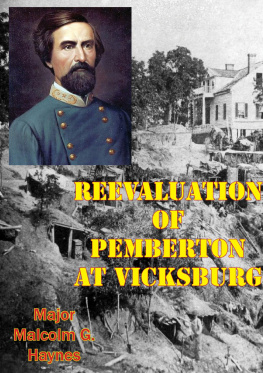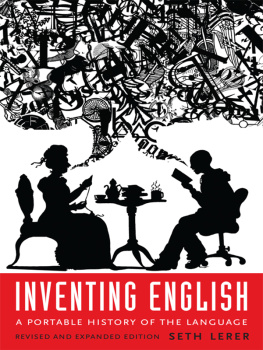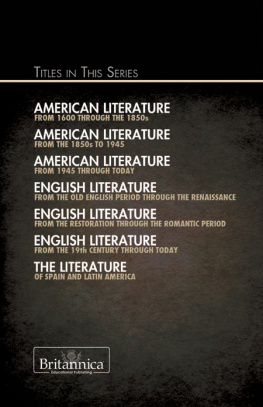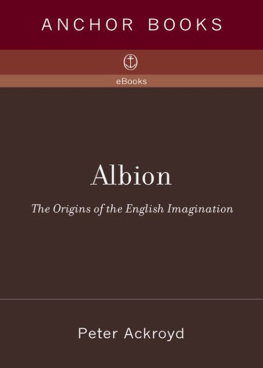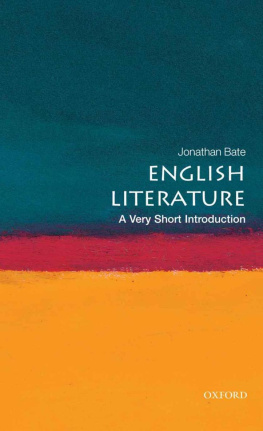Noel Malcolm - The Origins of English Nonsense
Here you can read online Noel Malcolm - The Origins of English Nonsense full text of the book (entire story) in english for free. Download pdf and epub, get meaning, cover and reviews about this ebook. year: 2016, publisher: HarperCollins UK, genre: Religion. Description of the work, (preface) as well as reviews are available. Best literature library LitArk.com created for fans of good reading and offers a wide selection of genres:
Romance novel
Science fiction
Adventure
Detective
Science
History
Home and family
Prose
Art
Politics
Computer
Non-fiction
Religion
Business
Children
Humor
Choose a favorite category and find really read worthwhile books. Enjoy immersion in the world of imagination, feel the emotions of the characters or learn something new for yourself, make an fascinating discovery.
- Book:The Origins of English Nonsense
- Author:
- Publisher:HarperCollins UK
- Genre:
- Year:2016
- Rating:4 / 5
- Favourites:Add to favourites
- Your mark:
- 80
- 1
- 2
- 3
- 4
- 5
The Origins of English Nonsense: summary, description and annotation
We offer to read an annotation, description, summary or preface (depends on what the author of the book "The Origins of English Nonsense" wrote himself). If you haven't found the necessary information about the book — write in the comments, we will try to find it.
The Origins of English Nonsense — read online for free the complete book (whole text) full work
Below is the text of the book, divided by pages. System saving the place of the last page read, allows you to conveniently read the book "The Origins of English Nonsense" online for free, without having to search again every time where you left off. Put a bookmark, and you can go to the page where you finished reading at any time.
Font size:
Interval:
Bookmark:
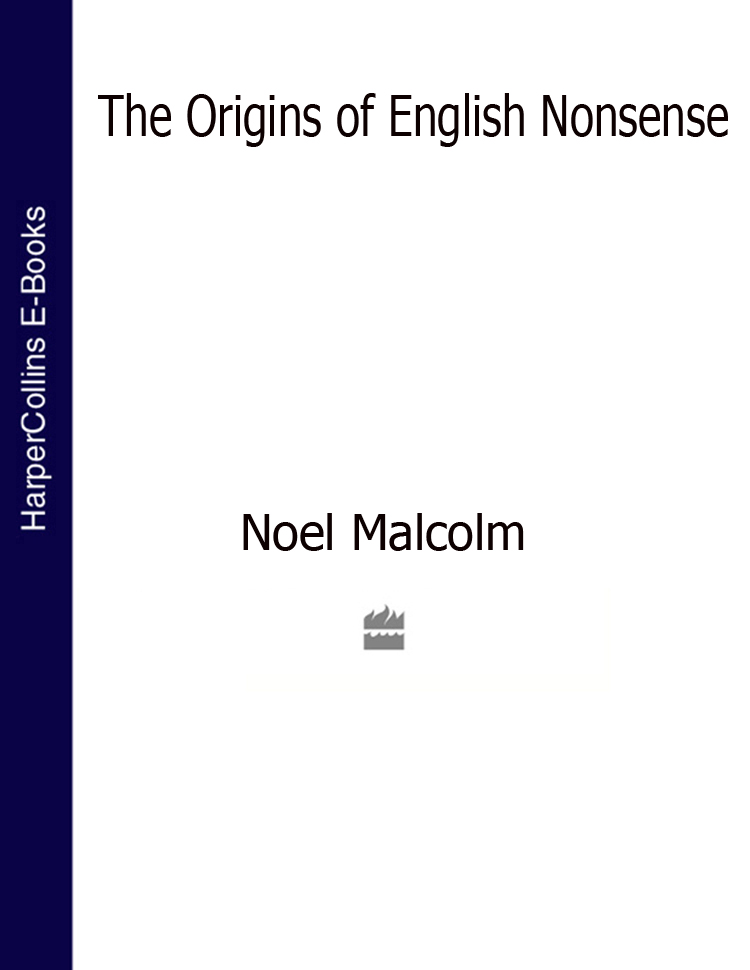
For Euthymia,
and in memory of her father,
John
Estrangement
Se fet mun quer dolent,
Quant me purpens,
Que jo ai gaste mun tens
Sanz rimer de aucun sens
The poet Richard, in E. M. Stengel (ed.) Codicem manu scriptum Digby 86 in bibliotheca bodleiana asservatum (Halle, 1871), p. 118
Nonsense (when all is said and done) is still nonsense. But the study of nonsense, that is science.
Saul Lieberman, introducing Gershom Scholems lectures on the Cabbala: quoted in S. Schama, Landscape and Memory (London, 1995), p. 134
CONTENTS
ONE MIGHT ASSUME that the period of English literature which lies between the major works of Shakespeare and Milton was a peculiarly well-ploughed field, where little remained to be explored. Yet the purpose of this volume is to make known a genre which enjoyed real popularity in precisely that period, and which has never yet been discussed in any detail. I am not aware of a single study, not even a short article, that sets out to describe or explain the history of this minor but fascinating literary phenomenon.
It would not be true to say that the poetry itself is entirely unknown. Individual poems have been printed in anthologies such as John Broadbents Signet Classic Poets of the Seventeenth Century and Alastair Fowlers New Oxford Book of Seventeenth Century Verse. Several of the poems printed and discussed in this volume have appeared in general nonsense anthologies, the fullest selection being provided by Hugh Haughtons valuable Chatto Book of Nonsense Poetry. But I know of no collection specifically devoted to these seventeenth-century nonsense poems.
Nor would it be fair to suggest that literary scholars have never noticed or alluded to the existence of such a genre. Some acknowledgements of the presence of this vein of nonsense writing can be found in the scholarly literature; but notices and allusions are all that they amount to. Thus Wallace Notestein, in his path-breaking study of John Taylor, merely comments:
In more general works of literary history, the ignorance of this genre is even more striking. Standard works on nonsense poetry either pass over the seventeenth century in silence, or allude briefly to one or two poems which have appeared in modern nonsense anthologies without investigating the genre to which they belonged. In Chapter 3 of the Introduction to this collection I have tried to put together for the first time an overall history of medieval and Renaissance nonsense poetry in Europe, and, in doing so, to suggest some of the lines of transmission which tie together the nonsense literatures of different periods and countries.
Why bother to take such serious trouble over such a self-evidently ridiculous subject-matter? One reason must be that nonsense poetry, like any comic genre, is part of the larger literary culture which it inhabits, and to which it is connected in many ways, both direct and indirect: understanding more about those connections can only shed light on other areas of literature too. It can tell us about the ways in which writers and readers regarded the literary fashions, stylistic conventions, and canons of taste and diction of the day. In Chapter 2 of the Introduction I have tried to show how intimately the earliest seventeenth-century nonsense poetry was bound up with the development of late Elizabethan dramatic and satirical poetry. Nonsense poetry is also connected, in more tangential ways, with a wide range of minor genres, sources and traditions in European literary history; I have offered some examples of these connections in Chapter 4. Also in that chapter, I have tried to set out some more general conclusions about the nature and origins of nonsense poetry, which may be valid for other periods too; these conclusions run contrary to the theories about carnivalesque humour which nowadays dominate most discussion of early modern comic writing.
But the most important reason for collecting these poems should not be left altogether unsaid. At their best, they are supremely enjoyable exuberant, sonorous, and (within the confines of some soon-to-be-familiar routines) richly inventive. The best sections of Taylors two large-scale nonsense works (Sir Gregory Nonsence and The Essence of Nonsence upon Sence: poems 11 and 17 in this collection) contain some of the most splendid nonsense poetry in the English language, which can be enjoyed by anyone who possesses even a slight acquaintance with the serious literature of the period. Of course, reading page after page of this material will jade any readers appetite, like feasting on chocolate; and in any case not all the poems in this collection are of high quality. Nevertheless, the most important aim of this book is not to trade arguments with scholarly specialists, but to share the pleasure of these poems with all interested readers.
For that reason, notes have been added to explain words and allusions; some of these may seem unnecessary to those readers who have a thorough grounding in classical mythology or a specialist knowledge of seventeenth-century vocabulary. A few Longer Notes are presented on pp. 28994. Otherwise, I have placed all explanatory notes at the foot of each page, rather than collecting them in a single glossary at the end of the book. This has been done for two reasons: first, for the ease of the reader, and secondly, because some of the words which need explanation would not obviously strike the reader as requiring it. (In the phrase Ale and Wigs, for example, the Wigs are bread-rolls, not hairpieces; but it would not occur to most readers to look up Wigs in a glossary.) I hope that readers will be patient with the inevitable degree of repetition which this method entails (repeated explanations have been dispensed with only within the unit of a single page), and remember that the repetitions are there for their own convenience.
The annotations also contain occasional textual notes (distinguished by the key-words being printed in italics), recording material variants between texts and my own formal emendations of the copy-text; the sources referred to in these notes are listed at the end of each poem. But my emendations are few and far between. With a few exceptions (recorded in the notes) I have preserved original spellings and punctuations; the only changes which I have made systematically and silently are to convert initial v to u, medial u to v, i to j (where appropriate) and This brings to mind the logic of the (perhaps legendary) German editor of Shakespeare, who corrected one famous passage to make it read: stones in the running brooks, Sermons in books. It is a logic which I have tried to avoid.
Finally, a few words about definitions, or the lack of them. Readers will note that I use the term genre in a fairly loose, non-technical way. Readers will also observe that at no point in this book do I attempt to frame a precise definition of nonsense. Such definition-making is not necessary for practical reasons, any more than it is necessary for studies of lyric poetry or comedy to begin with watertight definitions of those terms. These are things which, usually, we recognize when we see them. But close definition is not desirable for theoretical reasons either, since these literary types are cluster-concepts: they have a core on which all can agree, and a more variable periphery on which disagreement is always possible. The high literary nonsense of Hoskyns, Taylor and Corbet clearly belongs at the core of any notion of nonsense poetry; some of the other items in this collection are closer to the periphery.
I am grateful to the Bodleian Library, Oxford, for permission to print the texts of poems 14, 19, 20, and 32; to the British Library, London, for permission to print the text of poem 30; and to Nottingham University Library for permission to print the text of poem 21. I should like to record my thanks to the staff of not only those libraries, but also the Cambridge University Library, where much of the research for this edition was done.
Font size:
Interval:
Bookmark:
Similar books «The Origins of English Nonsense»
Look at similar books to The Origins of English Nonsense. We have selected literature similar in name and meaning in the hope of providing readers with more options to find new, interesting, not yet read works.
Discussion, reviews of the book The Origins of English Nonsense and just readers' own opinions. Leave your comments, write what you think about the work, its meaning or the main characters. Specify what exactly you liked and what you didn't like, and why you think so.

